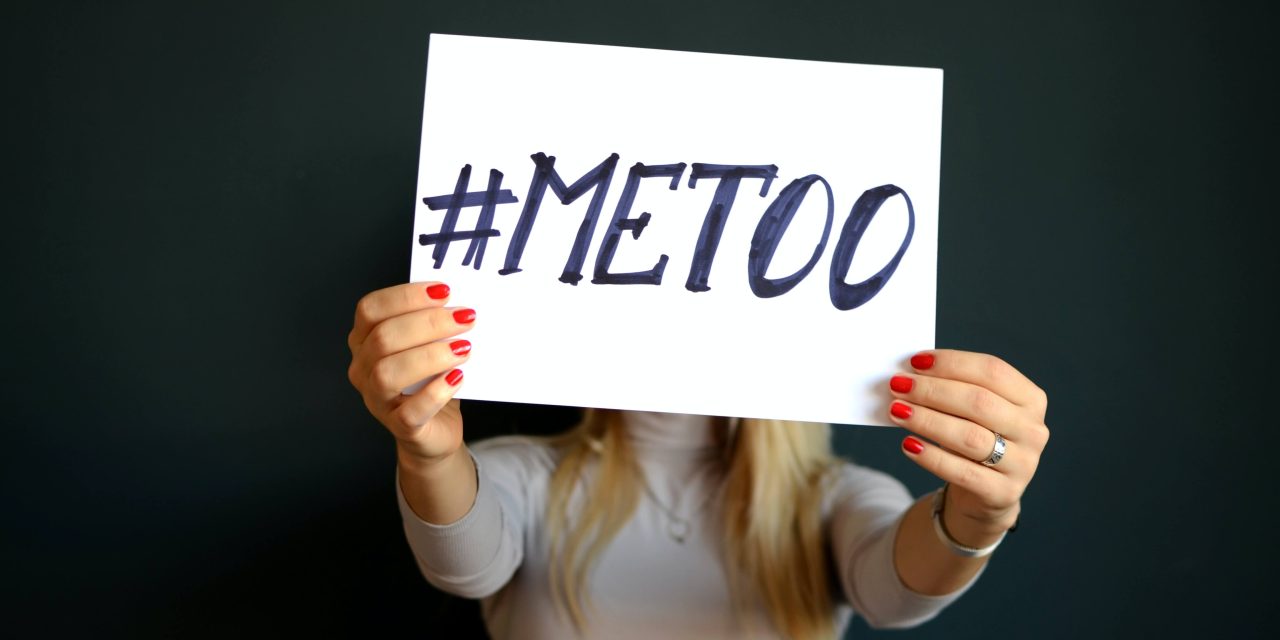Empowering Voices & Inspiring Change for survivors to share their experiences, challenge societal norms, and demand accountability. (Photo: Mihai Surdu @Unsplash)
Here’s a revised version of the introduction that aligns more closely with the title “5 Reasons Why The Me Too Movement is Important”:
The Me Too movement has become a global phenomenon, sparking crucial conversations and driving change in ways that few could have predicted. What began as a simple phrase used by activist Tarana Burke in 2006 exploded into the mainstream in 2017, forever altering the landscape of how we discuss and address sexual harassment, assault, and misconduct.
As we examine the five key reasons why this movement matters so much, it’s worth recognizing just how far-reaching its impact has been. From Hollywood to Main Street, Me Too has touched lives, challenged norms, and shaken up power structures that have long seemed immovable.
In this article, we’ll break down the importance of Me Too by exploring its role in:
Table of Contents
Each of these aspects has contributed to the movement’s significance, creating a ripple effect that continues to shape our culture, laws, and interpersonal relationships. Whether you’ve been closely following Me Too since its inception or are just starting to grasp its importance, understanding these five key points will give you a solid foundation for appreciating why this movement has become such a defining force of our time.
So, let’s roll up our sleeves and dive into why Me Too isn’t just a hashtag or a fleeting moment in the spotlight but a transformative movement reshaping our world in profound and lasting ways.
1. Amplifying Survivor Voices:
At the heart of the Me Too movement lies a crucial aspect: amplifying the voices and experiences of survivors. By sharing their stories, individuals have found solace, support, and validation in realizing they are not alone. The movement has created a safe space for survivors to break the silence surrounding their experiences, providing a platform for healing and empowerment.
2. Breaking the Stigma and Shame:
The Me Too movement has helped break the stigma and shame often associated with experiencing sexual harassment or assault. By openly discussing these issues, it has challenged victim-blaming narratives and highlighted the responsibility lies with the perpetrators. The movement emphasizes that survivors are not to blame for the violence they have endured, fostering a culture of empathy, support, and understanding.
3. Challenging Power Dynamics:
One of the central themes of the Me Too movement is the recognition and critique of power imbalances that enable abuse. It highlights the systemic nature of sexual misconduct and how power dynamics influence and perpetuate these acts. By exposing the misconduct of influential figures across various industries, the movement has sparked conversations about accountability, consent, and the need to dismantle structures that enable and protect perpetrators.
4. Fostering Cultural Change:
The Me Too movement has triggered a cultural shift in how society perceives and addresses sexual harassment and assault. It has prompted workplace discussions, educational institutions, and communities, leading to policy changes, increased awareness, and establishing of support networks. The movement has called for a collective effort to challenge toxic masculinity, promote healthy relationships, and foster a culture of respect and consent.
5. Long-lasting Legal and Social Impact:
The Me Too movement has had significant legal and social implications. It has encouraged legal reforms, such as extending statutes of limitations for reporting abuse, and prompted investigations and prosecutions in previously overlooked or ignored cases. Additionally, it has led to corporate accountability and reshaped workplace policies, emphasizing the need for safe and inclusive environments.
Conclusion:
The Me Too movement has provided a powerful platform for survivors to share their experiences, challenge societal norms, and demand accountability. It has inspired conversations, policy changes, and cultural shifts, aiming to create a world free from sexual harassment and assault. The movement continues to pave the way for a more equitable and respectful society by amplifying survivor voices, fostering empathy, and promoting consent.
References:
- Burke, T. (2018). “Me Too is a Movement, Not a Moment.” TEDWomen. [Online]. Available: https://www.ted.com/talks/tarana_burke_me_too_is_a_movement_not_a_moment
- Tarana Burke’s official website. [Online]. Available: https://www.tarana-burke.com/
- Ahmed, S. (2017). “Living a Feminist Life.” Duke University Press.
- Mullen, E. (2019). “The #MeToo Movement.” The Yale Review of International Studies. [Online]. Available: https://yris.yira.org/essays/2350
- Time’s Up official website. [Online]. Available: https://www.timesupnow.com/

